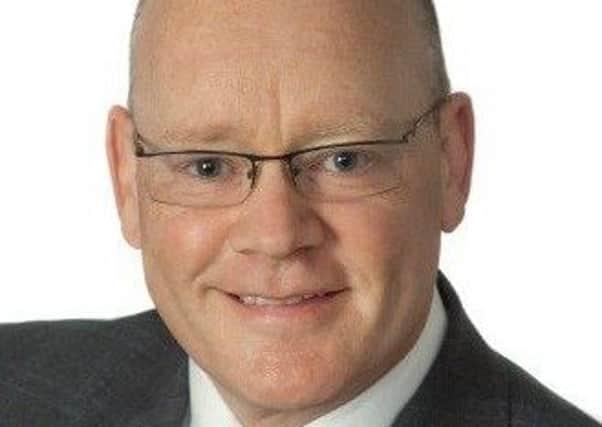Graham Boyack: Unhelpful election talk shows need for mediation skills


We are asked to put a party in its place, we are advised that a party is toxic in Scotland, we are told that under no circumstances would an independence referendum be supported, and in general we hear an awful lot about what we should be voting against.
In the local elections, where no party has a majority, coalitions between parties are being frowned upon because of the fear of working with “opponents”. So instead of published agreements between parties with a programme for the council, we have minority government where deals are done between the parties that are not in the public domain. What I have seen on social media is even worse. I am increasingly presented with an either-or vision of every issue of the day, one which is increasingly based on an absence of trust about both the person putting forward a different point of view and the view they are putting forward.
Advertisement
Hide AdAdvertisement
Hide AdSo why does this matter, and what on earth has it got to do with mediation?
The way mediation is conducted, and the techniques used, gives people a voice, builds trust, generates a better understanding of the issues concerned, maintains relationships and produces outcomes that those participating have a stake in. It’s my contention, therefore, that we should be using some of the techniques developed in mediation to support better discussions.
I attended such a discussion, organised by Collaborative Scotland, on the issues surrounding a future independence referendum, when it might happen and what the question might be. There was a great variety of views present but what was striking was that everyone was heard, no one’s views were disrespected, and while agreement wasn’t reached on the questions posed, there was a lot agreed about the process that might be adopted for future discussions.
Our discussions were guided by a Commitment to Respectful Dialogue developed by Collaborative Scotland during the first independence referendum and they are worth sharing in full.
1) Show respect and courtesy towards all those who are engaged in these discussions, whatever views they hold;
2) Acknowledge that there are many differing, deeply held and valid points of view;
3) Use language carefully and avoid personal or other remarks which might cause unnecessary offence;
4) Listen carefully to all points of view and seek fully to understand what concerns and motivates those with differing views from our own;
Advertisement
Hide AdAdvertisement
Hide Ad5) Ask questions for clarification and when we may not understand what others are saying or proposing;
6) Express our own views clearly and honestly with transparency about our motives and our interests;
7) Respond to questions asked of us with clarity and openness and, whenever we can, with credible information;
8) Look for common ground and shared interests at all times.
The Collaborative Scotland discussions got me thinking about what, then, should be asked of the parties in the way they campaign and encourage people to vote for them. There’s a tension in the election process which encourages parties to compete on their differences and then to make those differences as clear and wide as possible. That makes finding common ground a very difficult concept, so perhaps the least we can demand is for representatives to model the respectful dialogue points outlined as much as possible.
To help such an approach there is a need to continue with work which goes largely unnoticed, such as the training in such techniques given to elected representatives, the promotion of dialogue and conversation in schools via “peer mediation” and work to equip communities to better hold discussions at a local level.
Maybe part of the answer is to help shape the agenda by having conversations across Scotland that reach beyond party ties. Doing so on key issues could have a positive impact in shaping policy as it is often easier to do so when there is a sharper focus. It is perhaps no surprise that such conversations shaped the current Scottish Parliament. When it was put before the people, a broad consensus already existed, in no small part due to the quality of discussion that preceded it.
Scotland seeks to be a shaper of a new political tradition. Respectful Dialogue could lie at its heart if our politicians learnt that knockabout debate leaves behind a barren argument. In the meantime, I’ll have to think of how best to enter some of the discussions that keep appearing in my social media pages in a way which builds a positive discussion – could be tricky.
Graham Boyack, Director, Scottish Mediation